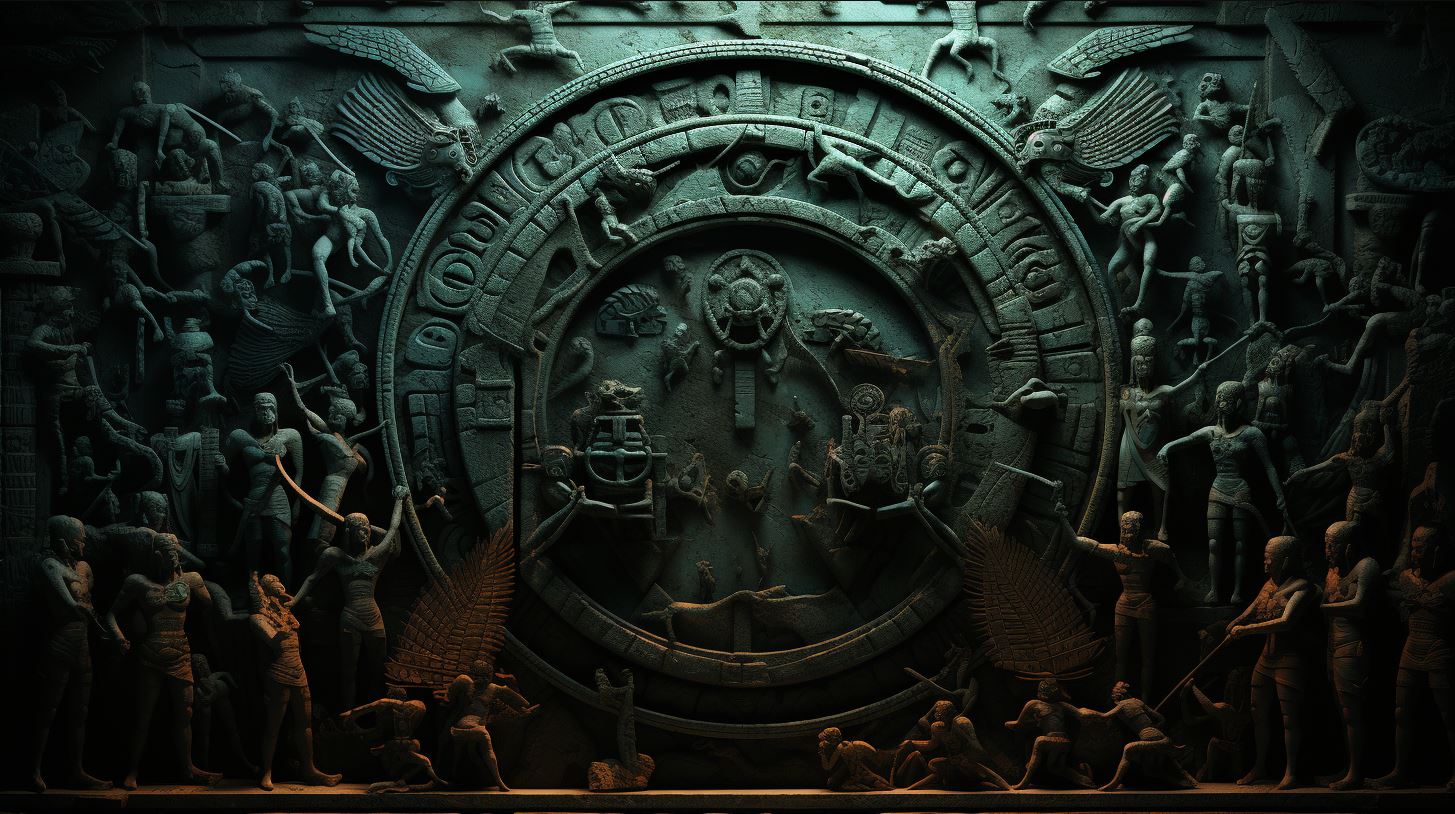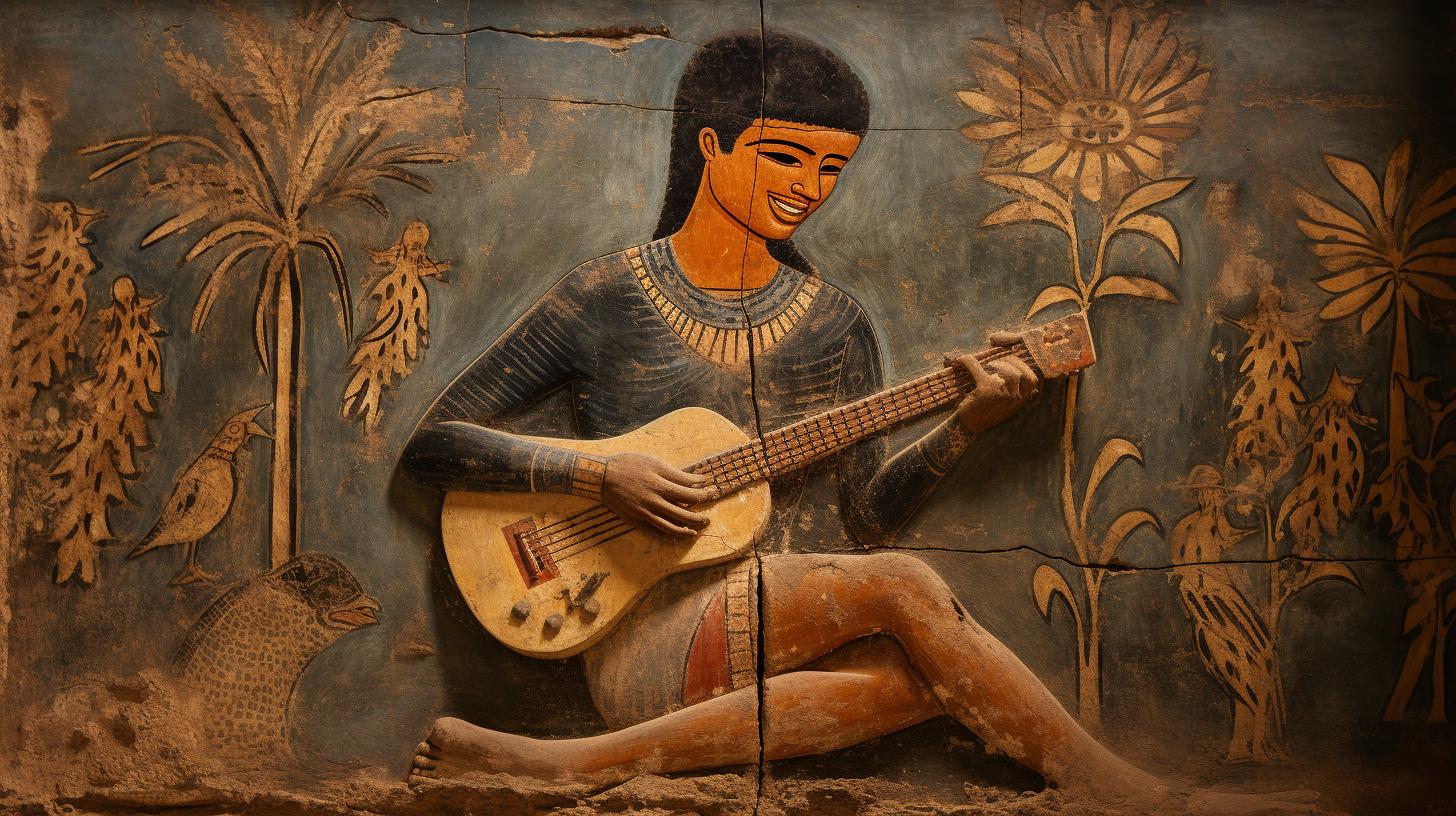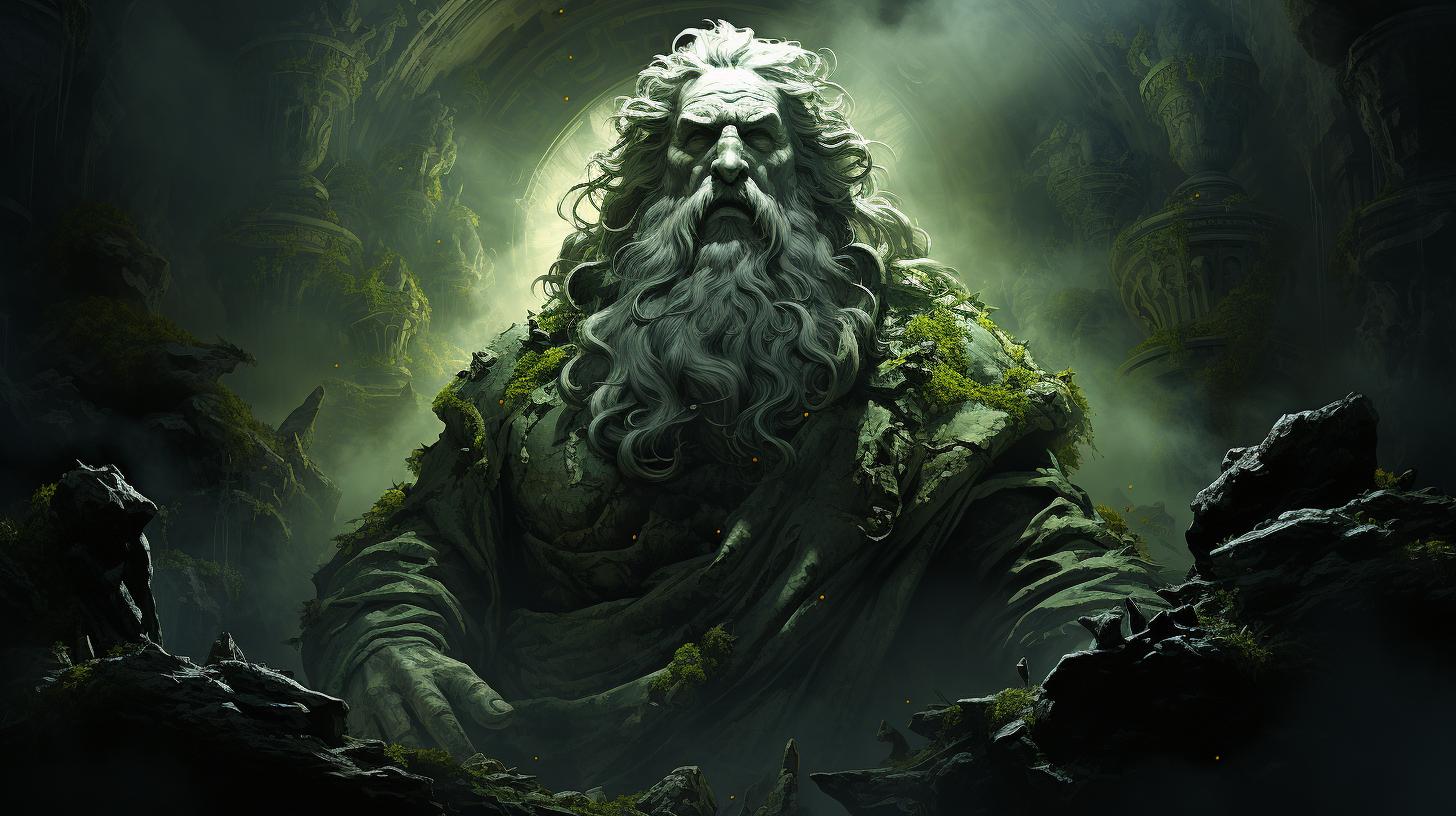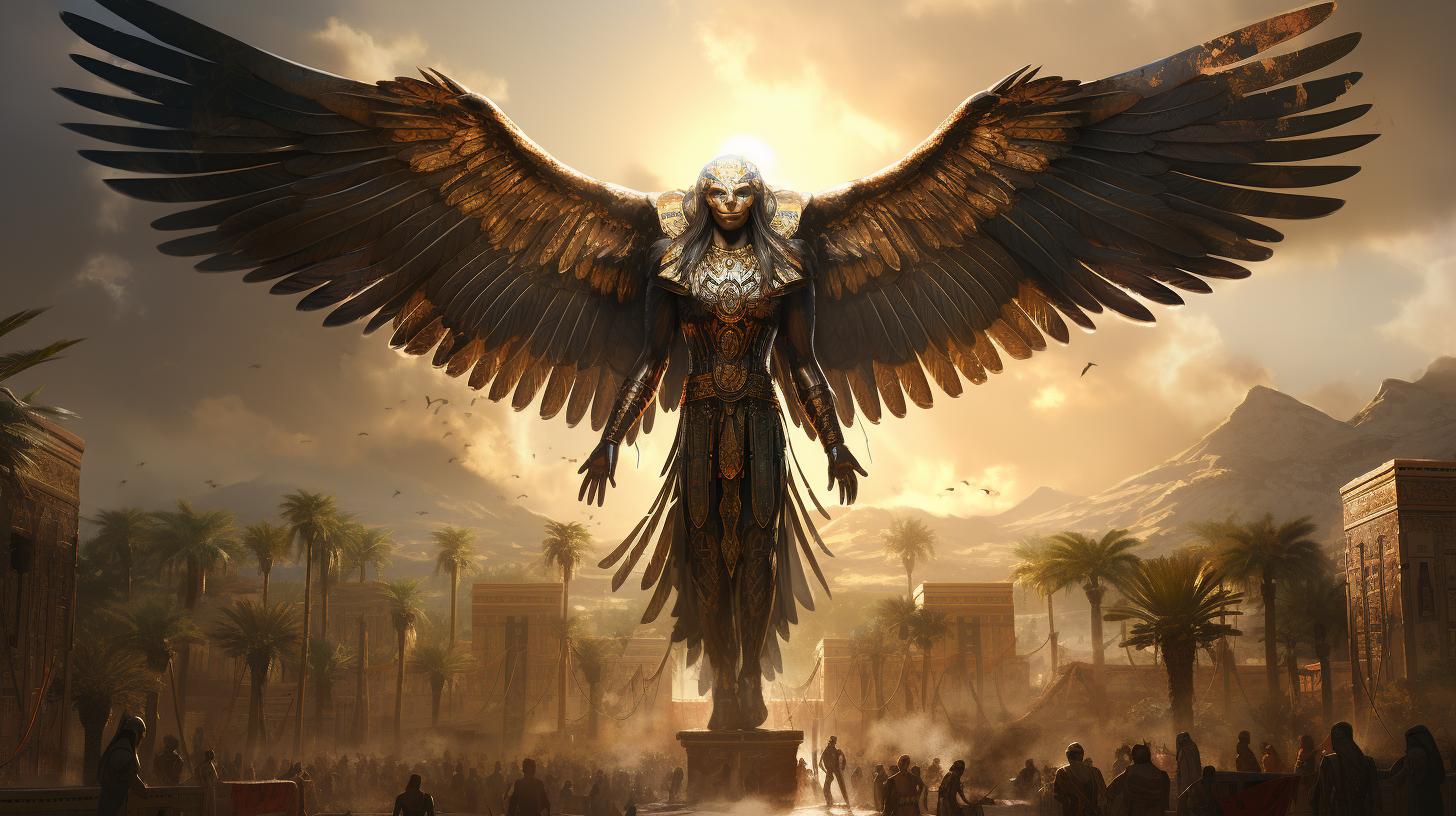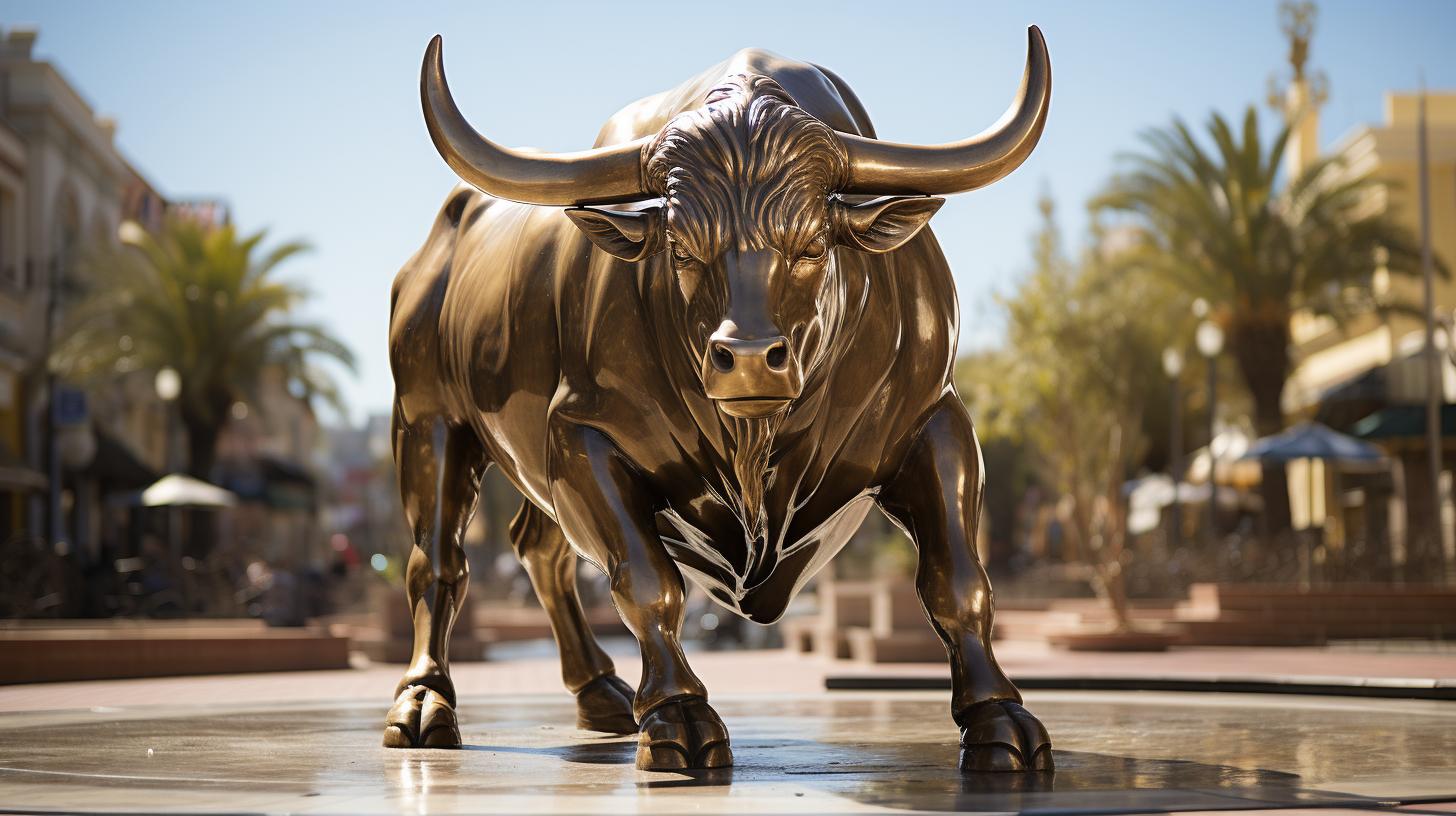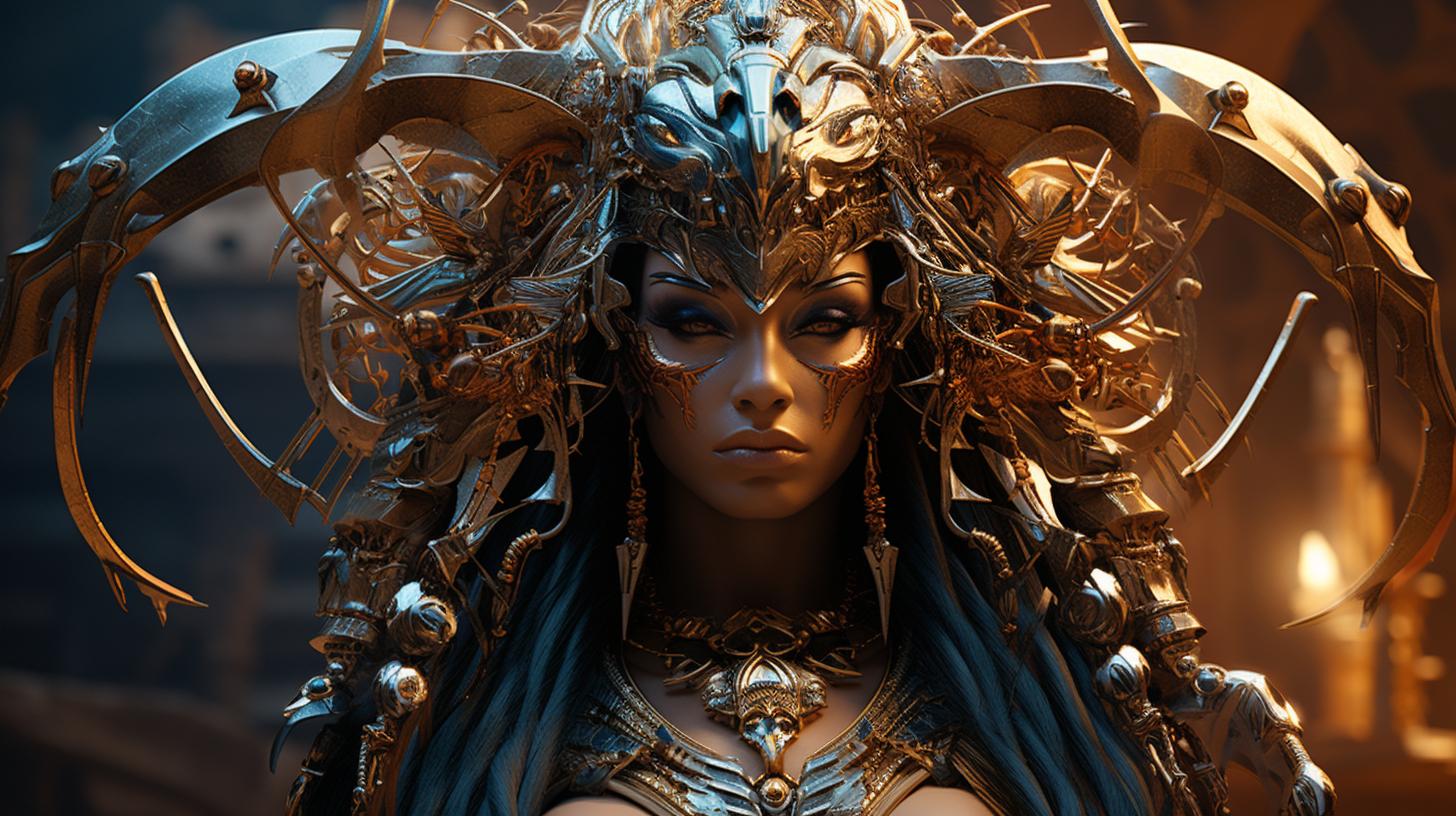Egyptian Book of the Dead: Unveiling the Ancient Egyptian Funerary Text Secrets
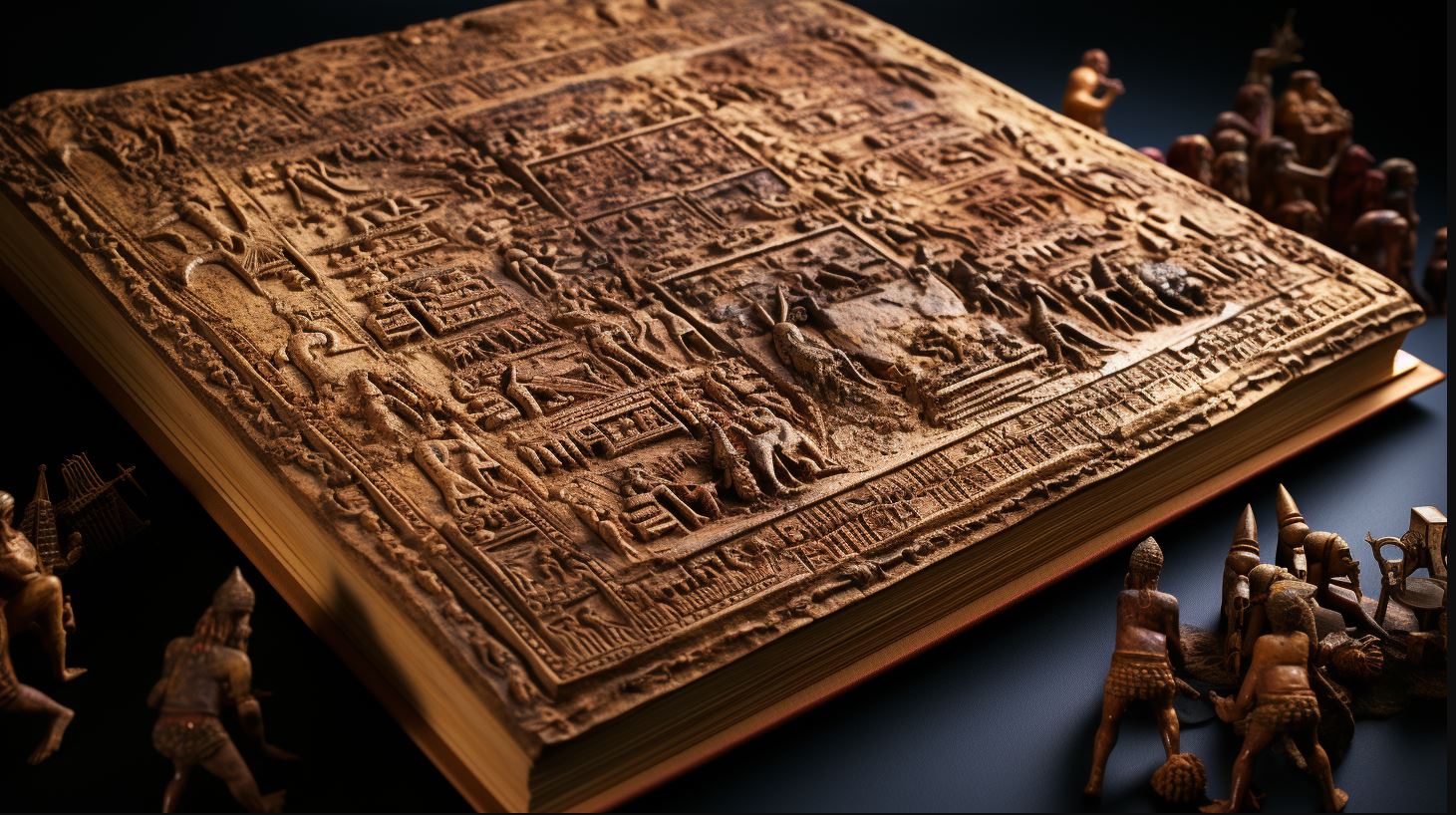
The Egyptian Book of the Dead holds immense historical significance in ancient Egyptian culture. The Funerary Text captures various themes and rituals for guiding the deceased to the afterlife.
It explores the preservation of the body, the journey through the realms of the Duat, and the judgment of the soul. These ancient spells and rites shed light on the beliefs surrounding the afterlife and continue to intrigue scholars and enthusiasts.
Comparisons with other funerary texts further enhance our understanding, while its legacy persists, shaping modern cultural perceptions.
Significance and History of the Egyptian Book of the Dead
The Egyptian Book of the Dead holds immense importance in ancient Egyptian culture, shedding light on their beliefs and practices surrounding death and the afterlife. This section examines the origins and development of the funerary texts, as well as the role of the Egyptian Book of the Dead within ancient Egyptian society.
Origins and development of the funerary texts
The Egyptian Book of the Dead is part of a broader collection of Egyptian funerary texts that emerged during the early Dynastic Period. These texts evolved over time, incorporating new beliefs and practices, reflecting the changing cultural and religious landscape of ancient Egypt.
Initially, these texts were inscribed on the walls of tombs, but they eventually transitioned to being written on papyrus scrolls to ensure their accessibility. The precise origins of the Egyptian Book of the Dead remain unclear, as it emerged from a compilation of various spells and rituals collected over centuries.
As Egypt’s religious and cultural practices evolved, so did the funerary texts. Different versions and variations of the Egyptian Book of the Dead emerged, with each adding new spells and incorporating regional customs and beliefs.
Role of the Egyptian Book of the Dead in ancient Egyptian culture
The Egyptian Book of the Dead played a fundamental role in ancient Egyptian society, encompassing their beliefs and rituals surrounding death, the afterlife, and the journey of the soul. It provided a guidebook for the deceased to navigate the treacherous realms of the afterlife and attain eternal life.
By preserving the body through rituals and spells described in the book, ancient Egyptians believed that the soul could continue its existence in the afterlife. The Egyptian Book of the Dead, and the rituals associated with it, were crucial for ensuring a successful transition of the deceased to the realm of the divine.
Moreover, the Egyptian Book of the Dead also served as a source of inspiration and guidance for the living. It provided insights into the rituals and spells that could protect and aid the deceased, while also offering comfort and solace to those mourning their loved ones.
The influence of the Egyptian Book of the Dead on ancient Egyptian culture cannot be overstated. It shaped their beliefs surrounding death, the afterlife, and the journey of the soul, leaving a lasting impact on various aspects of their society, including art, religious practices, and burial customs.
Themes and Concepts within the Egyptian Book of the Dead
The Egyptian Book of the Dead explores various intriguing themes and concepts surrounding the afterlife, providing profound insights into ancient Egyptian beliefs and rituals. This section delves into three central aspects of the text: preserving the body in the afterlife, the incredible journey through the Duat realms, and the crucial judgment of the soul known as the Weighing of the Heart.
Preserving the Body in the Afterlife
One of the significant themes in the Egyptian Book of the Dead revolves around the preservation of the deceased’s body in the afterlife. The spells and rituals found within this section elucidate the intricate process of embalming and body wrapping, aiming to protect the body from decomposition and ensure its safe passage into eternal life.
These practices involve precise instructions for embalmers and incantations to ward off malevolent spirits that could potentially harm the body.
Journey through the Duat: Exploring the Afterlife Realms
The Egyptian Book of the Dead provides captivating accounts of the journey the deceased must undertake through the Duat, the mysterious realm of the afterlife. These passages describe the soul’s navigation through various realms and the encounters with guardians, deities, and other entities along the way.
The text offers prayers, invocations, and rituals to aid the deceased in safely traversing the Duat and eventually attaining divinity.
The Judgment of the Soul: Weighing of the Heart
The ultimate judgment of the soul, known as the Weighing of the Heart, is a pivotal concept within the Egyptian Book of the Dead. According to this belief, the heart of the deceased is weighed against the feather of Ma’at, the goddess of truth and justice.
If the heart is lighter than the feather, the individual is deemed worthy and granted entry into the afterlife. However, if the heart is heavier, it signifies a life filled with wrongdoing, leading to punishment or even annihilation.
The Egyptian Book of the Dead paints a vivid picture of the intricate themes and concepts associated with the journey to the afterlife. It offers invaluable insights into the ancient Egyptian perspective on the preservation of the body, the awe-inspiring voyage through the Duat, and the consequential judgment of the soul.
Exploring these profound aspects deepens our understanding of ancient beliefs and their cultural impact, even in modern times.
Rituals and Spells Found in the Egyptian Book of the Dead
The Egyptian Book of the Dead is rich in mystical rituals and powerful spells that were believed to provide protection and guidance to the deceased on their journey through the afterlife.
These intricate rites and incantations played a crucial role in ancient Egyptian funeral practices and were performed by priests during burial ceremonies.
Examining the Intricate Spells for Protection and Guidance
One fascinating aspect of the Egyptian Book of the Dead is the wide array of spells designed to safeguard the deceased and ensure a successful transition to the afterlife. These spells served various purposes, including protection against evil spirits and ensuring safe passage through the perilous realms of the Duat. Each spell was meticulously crafted with specific words and rituals believed to possess mystical powers.
Among the notable spells found in the Egyptian Book of the Dead is the “Spell of Opening the Mouth.” This ritualistic spell aimed to restore the deceased’s senses, allowing them to partake in the offerings and rituals performed by their living relatives.
It was believed that this spell revitalized the deceased, enabling them to fully experience the afterlife.
Another significant spell is the “Spell for Becoming a Divine Being.” This enchantment outlined the transformation process of the deceased into a divine entity.
By invoking the names of various gods and goddesses, the spell sought to elevate the status of the departed, granting them the privileges and blessings associated with the divine realm.
Insight into the Embalming Process and Body Preservation Rituals
The Egyptian Book of the Dead provides valuable insights into the ancient Egyptian embalming process and rituals related to body preservation.
These practices aimed to prevent decomposition and ensure the longevity of the deceased’s physical form in the afterlife.
Instructions for embalming and wrapping the body, known as the “Ritual of the Opening of the Mouth,” were detailed in the Egyptian Book of the Dead.
This ritual involved the careful preservation of the deceased’s body through mummification, allowing them to maintain a recognizably human form in the afterlife. The spells associated with this ritual served as a guide for embalmers, ensuring the proper handling and treatment of the deceased.
The book also includes rituals to ward off malevolent spirits and guarantee the safe passage of the departed through the treacherous underworld. These rituals, such as the “Spell for Protection against Evil Spirits,” involved the recitation of specific incantations to repel malicious entities and safeguard the deceased during their journey.
Exploring the wealth of rituals and spells within the Egyptian Book of the Dead provides a glimpse into the beliefs and practices surrounding death and the afterlife in ancient Egypt. These intricate and carefully crafted rituals underscored the significance Egyptians placed on ensuring a prosperous and eternal existence beyond the realm of the living.
Comparisons with Other Ancient Funerary Texts
Contrasting the Egyptian Book of the Dead with Coffin Texts
The Egyptian Book of the Dead and Coffin Texts share commonalities in their purpose and themes, yet they also exhibit distinct characteristics. While both texts provide guidance and protection for the deceased in the afterlife, Coffin Texts emphasize a more personalized approach.
Unlike the Egyptian Book of the Dead, which primarily focuses on the elite and wealthy, Coffin Texts offer a broader accessibility to individuals of different social backgrounds. Additionally, Coffin Texts feature spells and rituals inscribed directly on coffins, whereas the Egyptian Book of the Dead was often written on papyrus scrolls or included within tombs.
Similarities and Differences with Pyramid Texts
The Egyptian Book of the Dead and Pyramid Texts share fundamental concepts regarding the afterlife journey, yet they differ in their presentation and accessibility. Both texts explore the idea of achieving eternal life and provide guidance for the deceased.
However, the Pyramid Texts were exclusively reserved for pharaohs and were inscribed inside pyramids, symbolizing their elevated status and connection to the gods. Contrastly, the Egyptian Book of the Dead was available to a wider range of individuals and focused on the preservation of the body, judgment of the soul, and navigating through the Duat realms to attain divinity.
Additionally, while both texts contain spells and rituals, their specific content and arrangement differ, reflecting the evolving beliefs and cultural nuances of different time periods.
- Key Contrasts between Egyptian Book of the Dead and Coffin Texts:
- Emphasis on social background and accessibility
- Medium of preservation: papyrus scrolls vs. coffin inscriptions
- Targeted audience: elite vs.
broader population
- Key Similarities and Differences with Pyramid Texts:
- Shared focus on achieving eternal life and guidance for the deceased
- Exclusive nature for pharaohs vs. wider accessibility
- Differing mediums and locations: pyramids vs.
papyrus scrolls or tombs
- Varying content and arrangement of spells and rituals
Legacy and Influence of the Egyptian Book of the Dead
The Egyptian Book of the Dead holds immense cultural significance, leaving a lasting legacy on ancient Egyptian beliefs about the afterlife and showcasing its cultural impact and relevance in modern times.
Influence on ancient Egyptian beliefs about the afterlife
The Egyptian Book of the Dead played a pivotal role in shaping ancient Egyptian beliefs about the afterlife. Its rituals, spells, and concepts influenced the understanding of the journey through the Duat realms and the ultimate transformation of the deceased into a divine being.
The idea of preserving the body, the weighing of the heart in the judgment of the soul, and the invocation of various deities became integral components of ancient Egyptian funerary practices.
This ancient text provided comfort and reassurance to the living, assuring them that their deceased loved ones would enter the eternal realms and continue their existence in a transformed state. The Egyptian Book of the Dead instilled a sense of hope, accountability, and continuity within the ancient Egyptian society, reinforcing the belief in the existence of an afterlife and the possibility of achieving eternal life.
Cultural impact and relevance in modern times
The influence of the Egyptian Book of the Dead extends far beyond its ancient origins, resonating with contemporary culture and sparking fascination among scholars, historians, and enthusiasts. Its themes of death, the afterlife, and spiritual transformation continue to captivate individuals, offering insights into the human fascination with mortality and the quest for immortality.
The Egyptian Book of the Dead’s impact can be seen in various forms of art, literature, and media, influencing storytelling, symbolism, and themes related to the afterlife and the journey of the soul.
Its profound influence can be witnessed in modern interpretations of death and the concept of an afterlife in popular culture, highlighting its enduring relevance.
- The Egyptian Book of the Dead served as an inspiration for fictional works, such as novels, movies, and video games, exploring themes of the afterlife, soul judgment, and spiritual transformation.
- Its rituals and spells continue to inspire contemporary spiritual practices and alternative belief systems, providing guidance and solace to individuals seeking a connection with the divine and exploration of the mysteries of life and death.
- The scholarly study of the Egyptian Book of the Dead has shed light on ancient Egyptian culture, beliefs, and religious practices.
It has deepened our understanding of the rich tapestry of ancient civilizations and their complex relationship with mortality and the afterlife.
The enduring legacy of the Egyptian Book of the Dead showcases its profound impact on ancient Egyptian society and its continued relevance in modern times.
This ancient funerary text continues to serve as a source of inspiration, providing insights into the human quest for spiritual meaning, immortality, and the profound mysteries that lie beyond the threshold of death.
.

